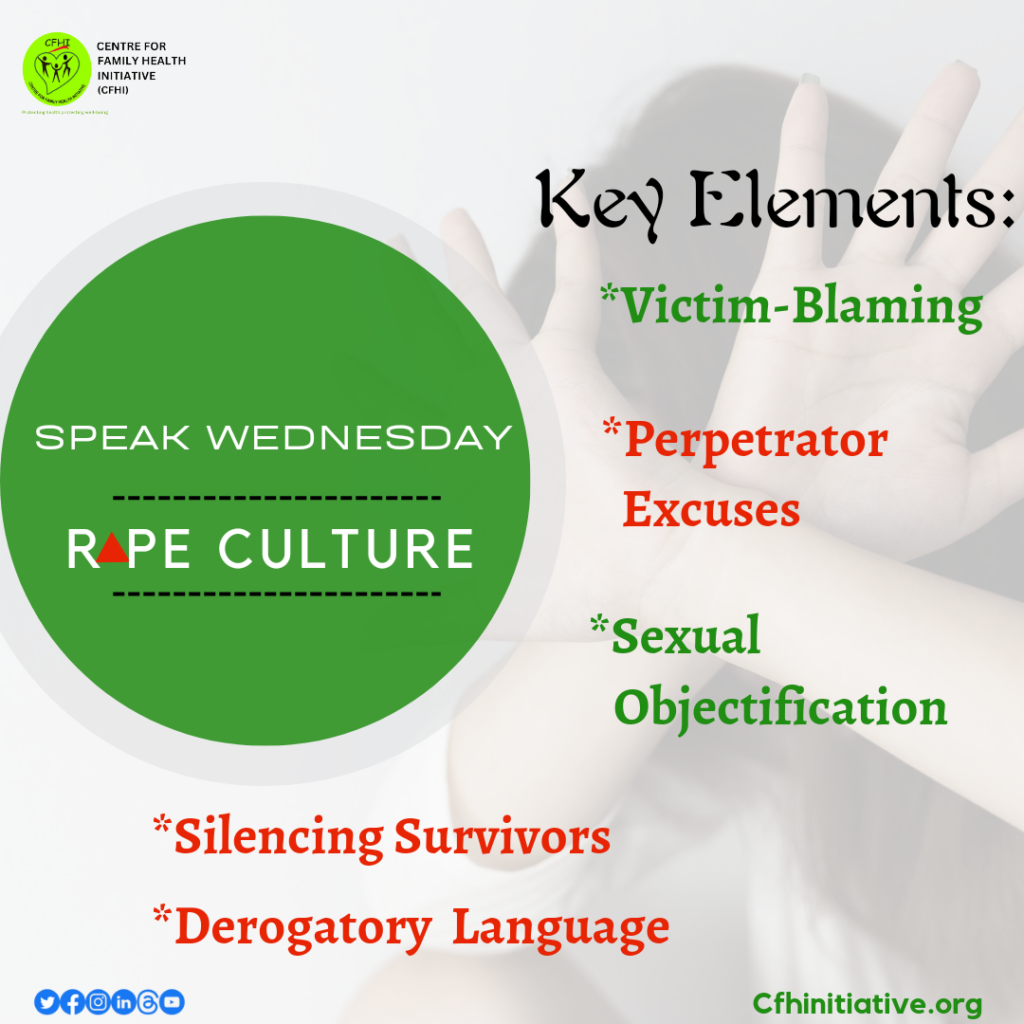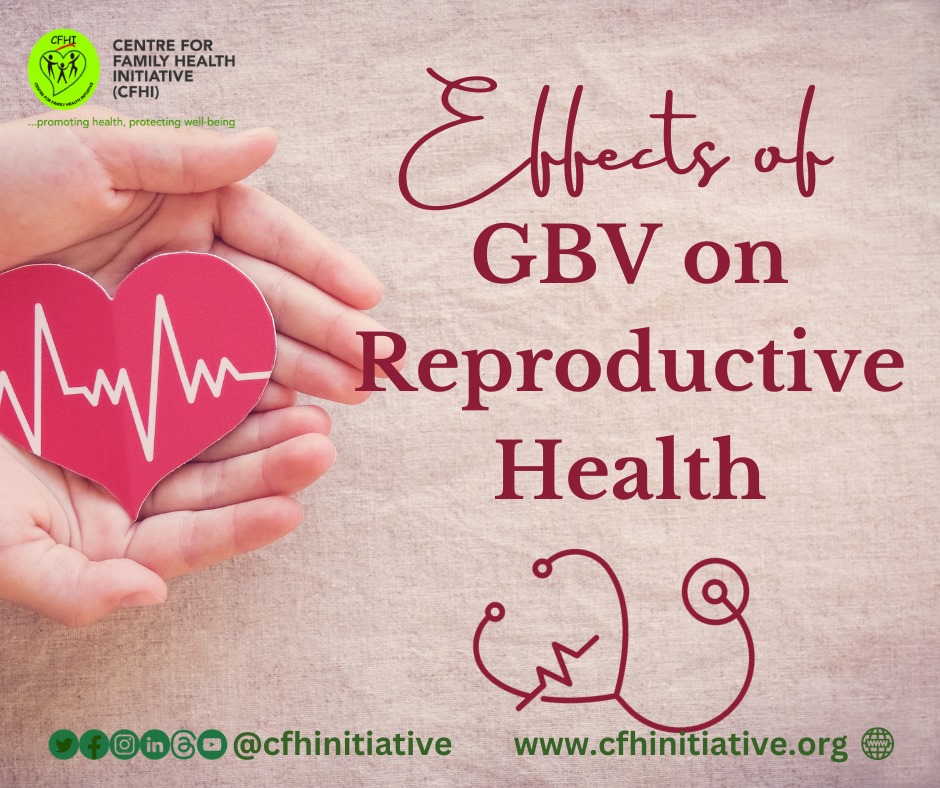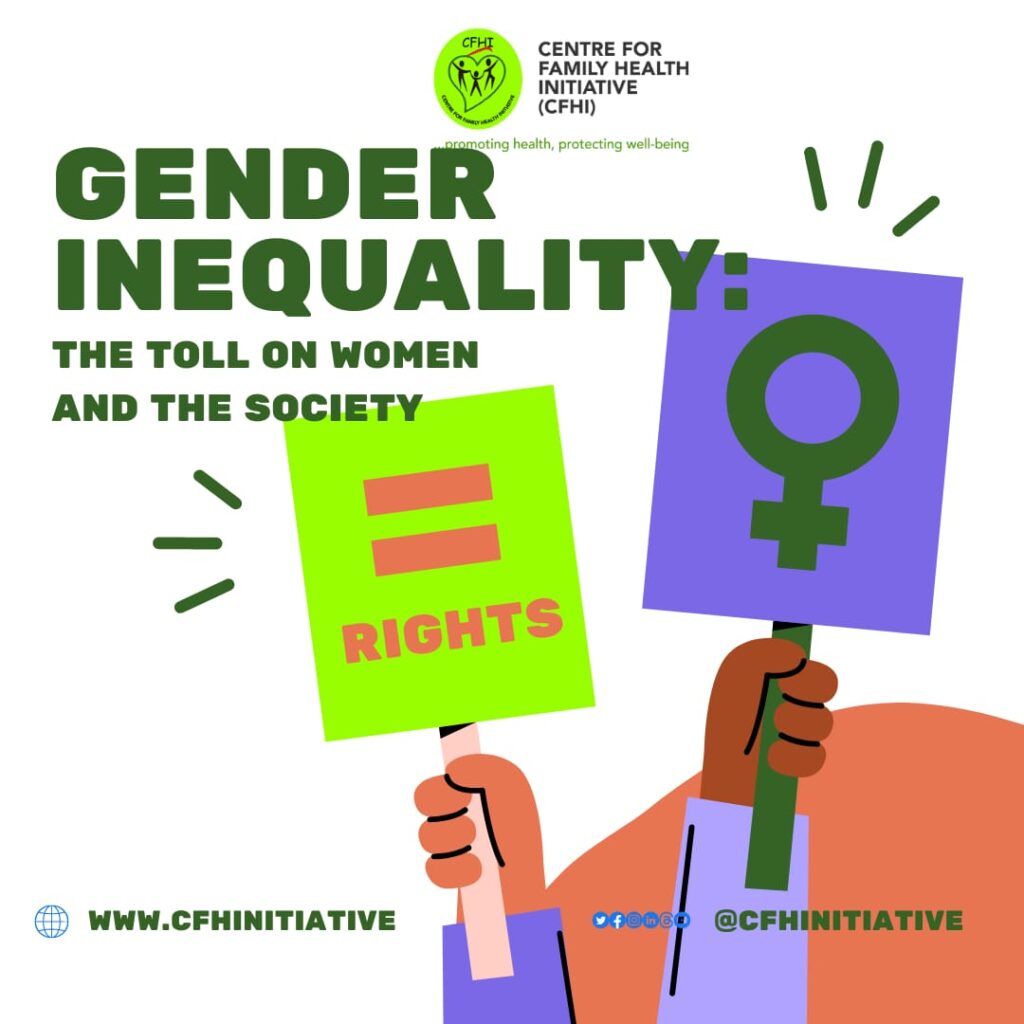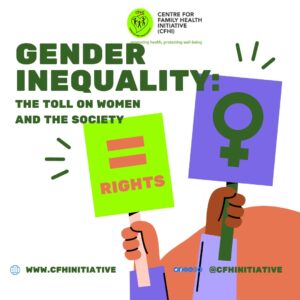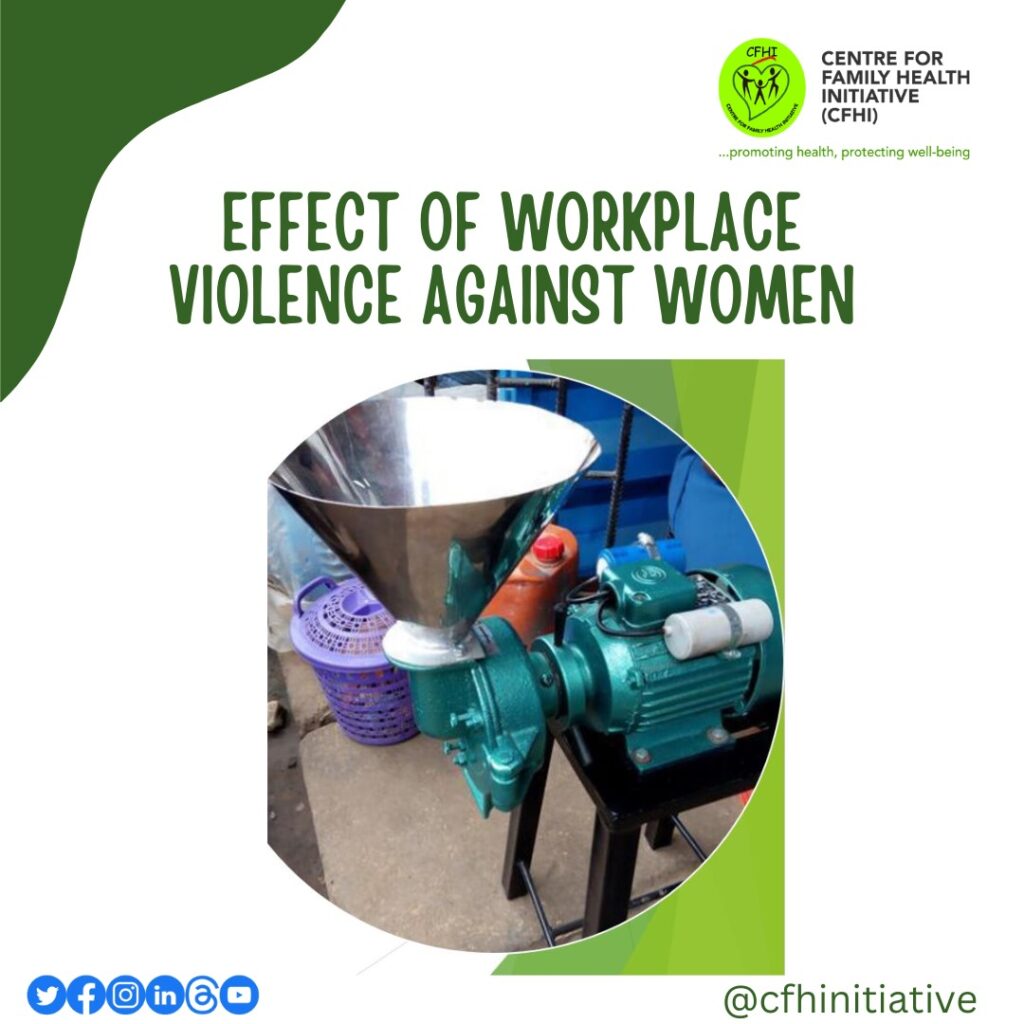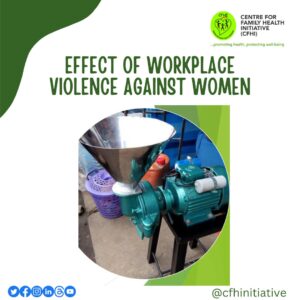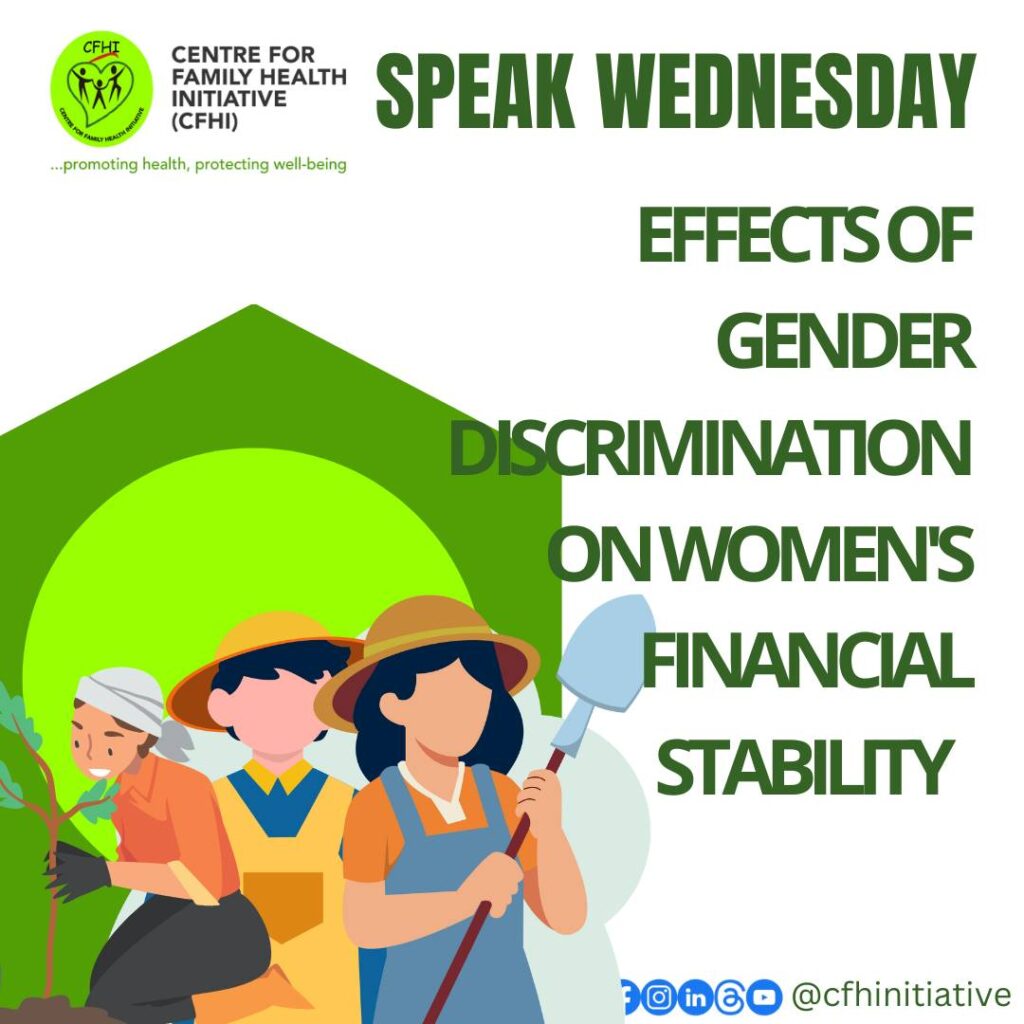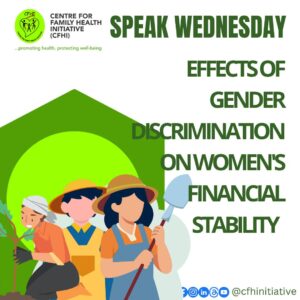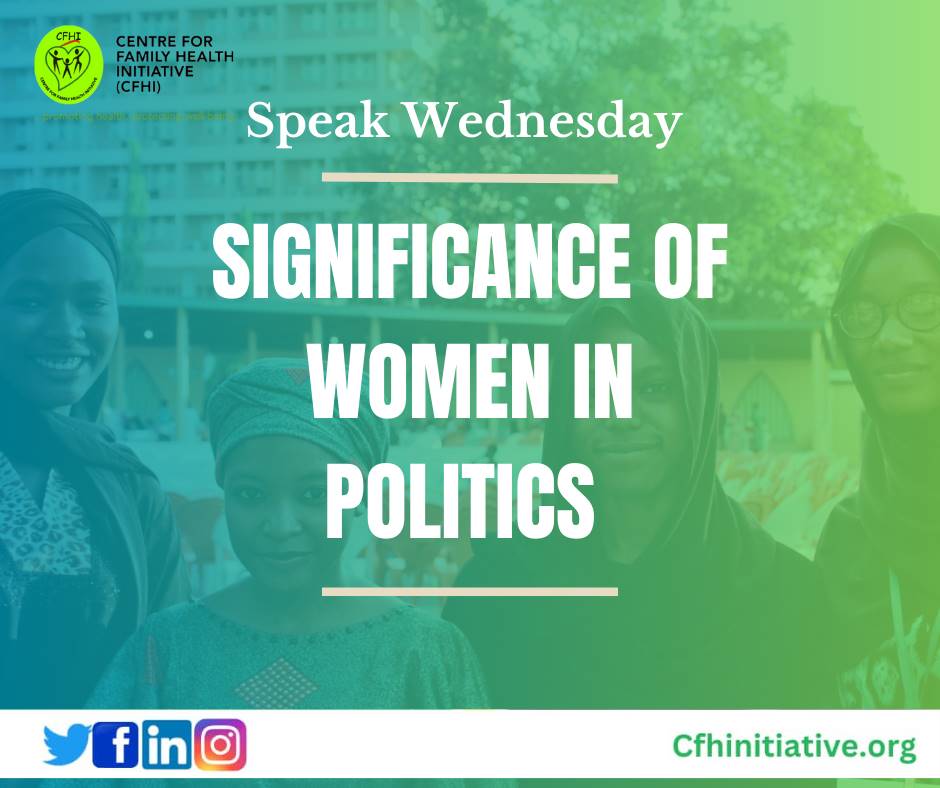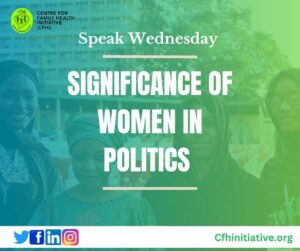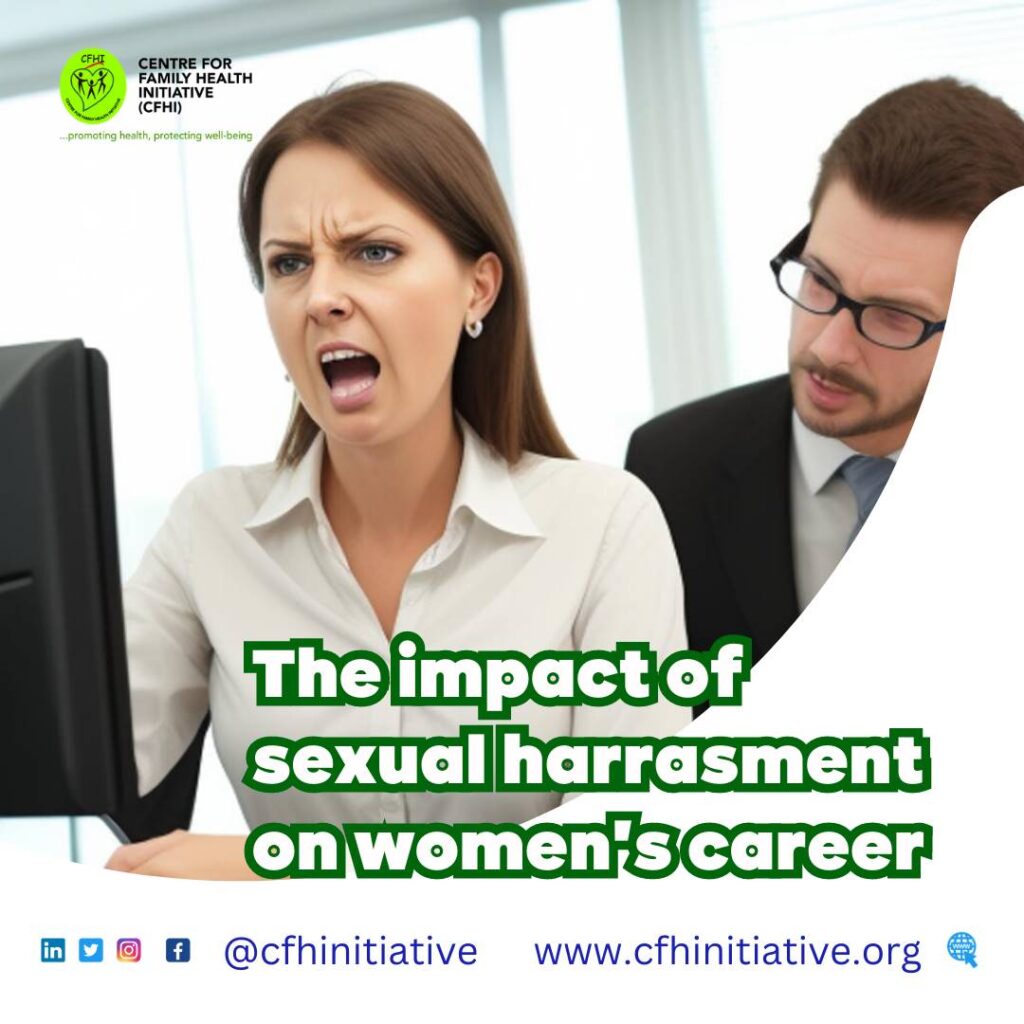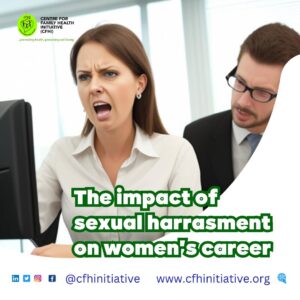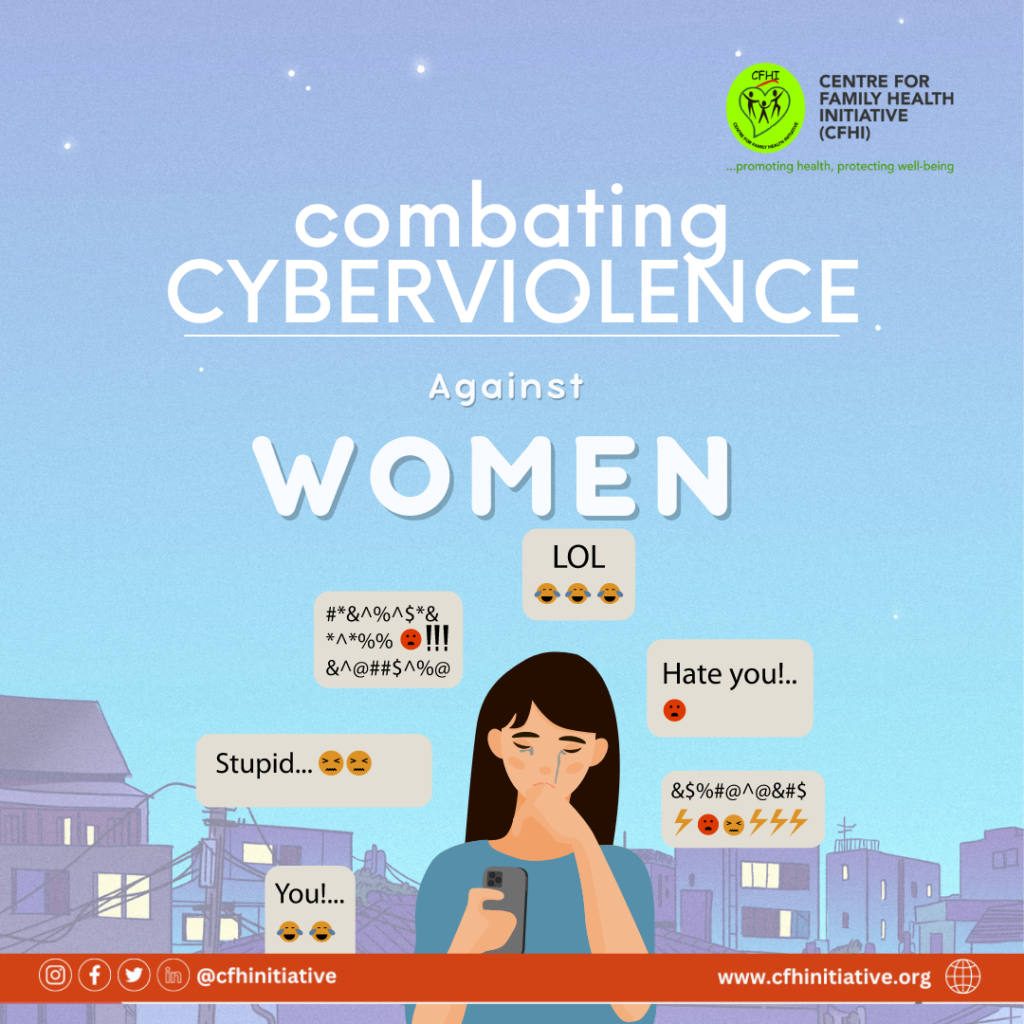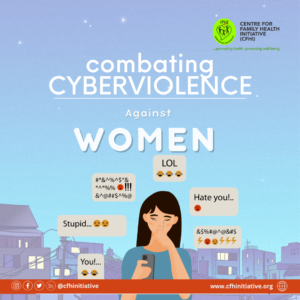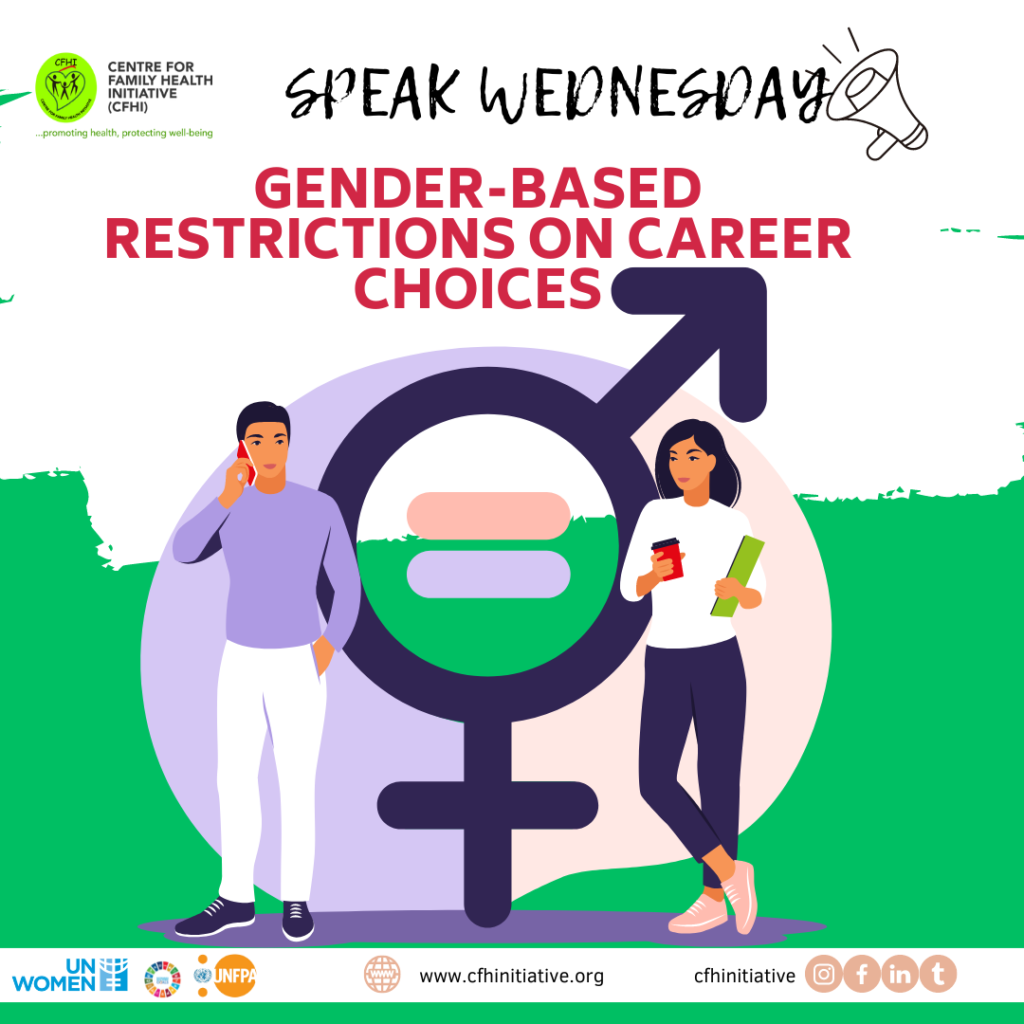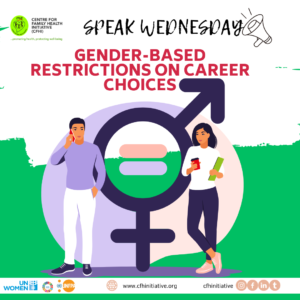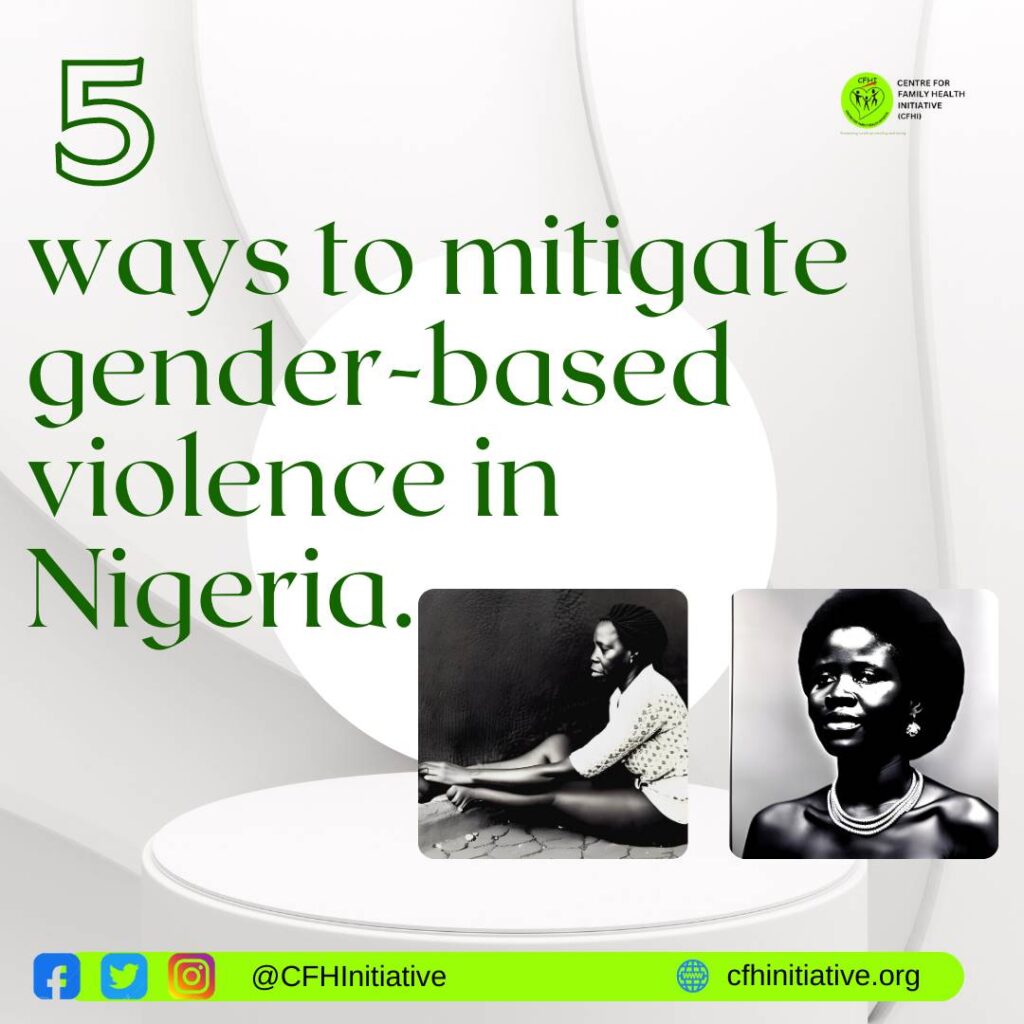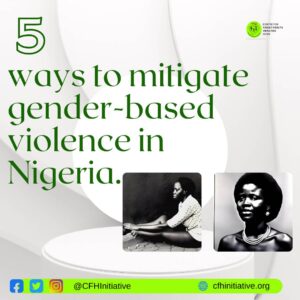SPEAK WEDNESDAY ON RAPE CULTURE
Rape culture is a complex and pervasive societal issue that encompasses attitudes, beliefs, and behaviors that normalize or trivialize sexual assault and harassment. It is important to understand that rape culture can vary in intensity and prevalence across different cultures and communities. Some key elements and characteristics of rape culture include:
Victim-Blaming: This occurs when the survivor of sexual assault is held partially or fully responsible for the incident. Questions like, “What were they wearing?” or “Were they drinking?” contribute to victim-blaming.
Perpetrator Excuses: Rape culture often involves minimizing or excusing the actions of perpetrators. Phrases like “boys will be boys” or “he didn’t mean it” can downplay the seriousness of sexual assault.
Sexual Objectification: Treating individuals as objects for sexual gratification rather than as autonomous beings with their own desires and boundaries is a harmful aspect of rape culture. This is evident in advertising, media, and everyday interactions.
Institutional Failures: Rape culture can be perpetuated when institutions such as law enforcement, schools, or workplaces fail to take sexual assault reports seriously or protect survivors adequately.
Jokes and Language: The use of rape jokes or derogatory language that trivializes sexual assault contributes to a culture where such behavior is normalized.
Lack of Consent Education: Inadequate education about consent and healthy sexual relationships can contribute to misunderstandings and blurred boundaries.
Silencing Survivors: When survivors are discouraged from speaking out or reporting their experiences due to fear, shame, or disbelief, it perpetuates a culture of silence.
Addressing rape culture requires a collective effort to challenge and change these attitudes and behaviors. Education, awareness campaigns, supportive policies, and legal reforms are essential steps in combating rape culture and promoting a culture of consent, respect, and gender equality. It is crucial to create an environment where survivors are supported and perpetrators are held accountable for their actions.
Speak Wednesday is an initiative of CFHI to address issues around gender-based violence and gender bias.
#SpeakWednesday #GenderEquality #GenderDiscrimination #RapeCulture
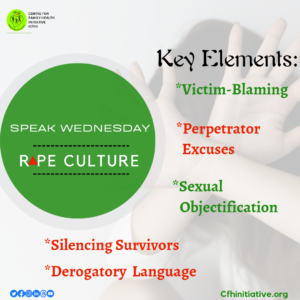
SPEAK WEDNESDAY ON RAPE CULTURE Read More »

